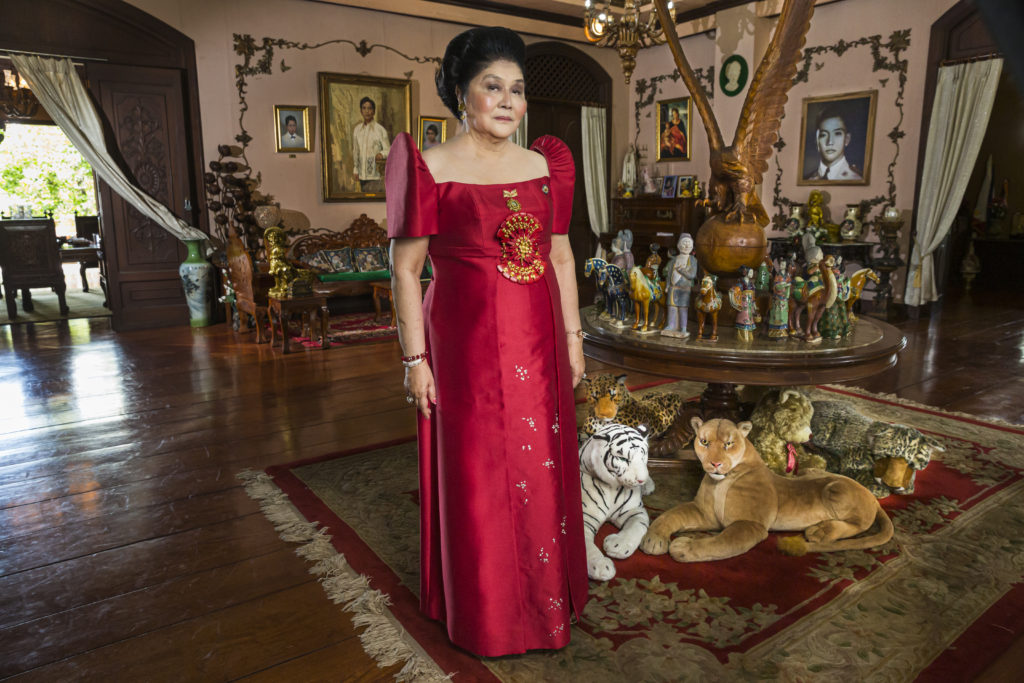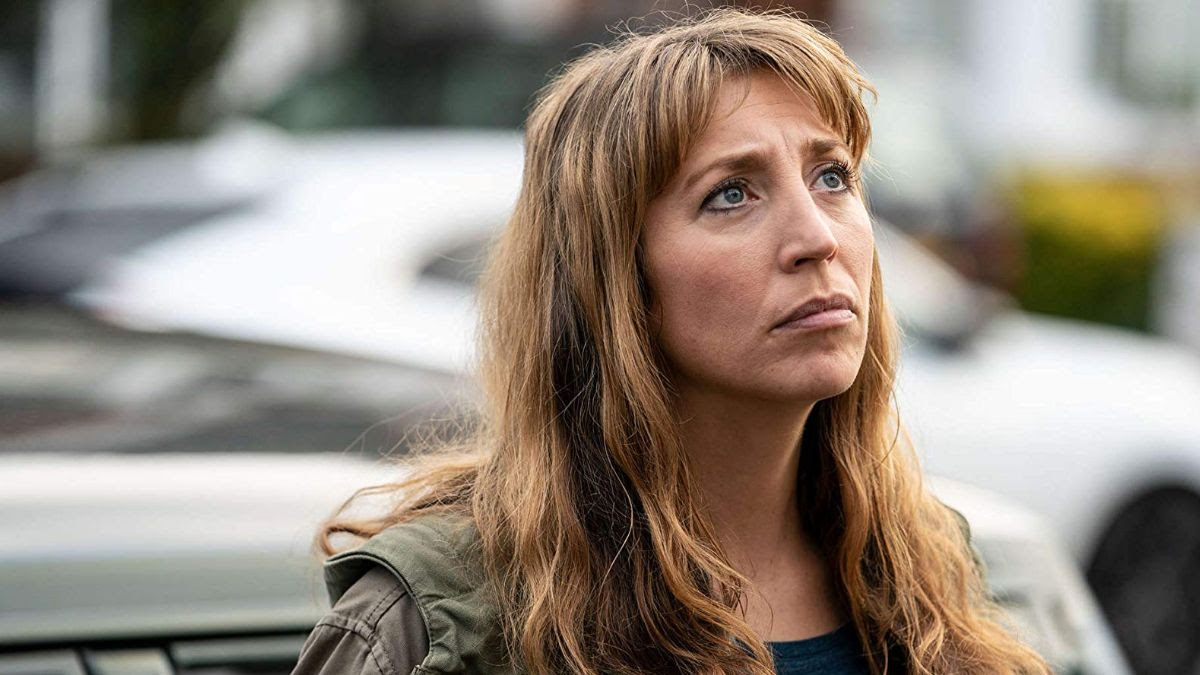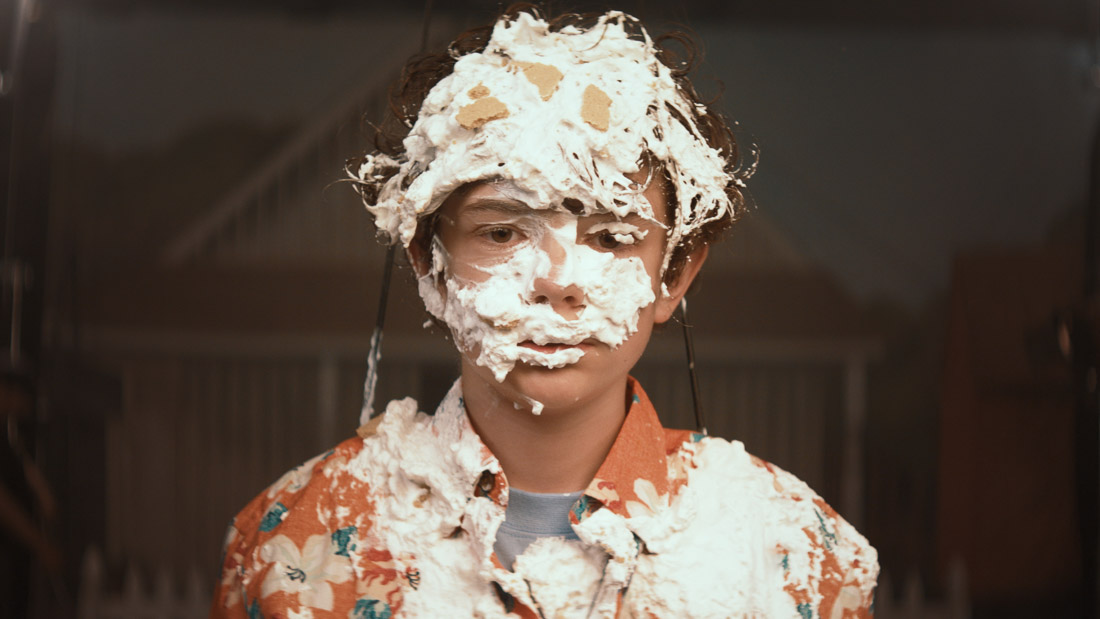Picks of the Week offers Women and Hollywood’s top recommendations — women-driven and women-made movies, series, VOD releases, and more — and tells you why they are worth your time and money.
The Kingmaker (Documentary) – Directed by Lauren Greenfield
“The Kingmaker” is a fascinating story of behind-the-scenes power. It is also a story of corruption. Imelda Marcos — who spent her husband’s tenure as president of the Philippines as his emissary — is remembered by most for her shoes. When the Marcos family was deposed, the closet of shoes was the image of greed and corruption transmitted across the world. But the shoes were just a front.
The Marcos stole money from their country. So much money. In fact, the family still owns Herald Square in Manhattan. And then there’s the art. In the “Kingmaker” scene that sticks out most in my mind, Marcos puts the Monet and two other incredibly valuable pieces on display for the filmmaker, Lauren Greenfield. Yet when a commission tries to reclaim the stolen money, those pictures are mysteriously no longer on the wall. Marcos is cunning: she pretends to be a nice old lady by giving out money to kids as she traverses the city, but whose money is it, really?
Marcos has created her own reality. She reminds me a lot of Donald Trump in that way. She is plotting her return to power through her son and it seems she is not only a “Kingmaker,” but also a puppeteer. She might appear to be a sweet grandma, but it’s just a cover for her ruthlessness.
As compelling as Greenfield’s doc is, we would be remiss not to acknowledge the film Ramona Diaz made 15 years ago, “Imelda.” She was the first to bring this most fascinating and deceptive woman’s story to the screen. (Melissa Silverstein)
Read Women and Hollywood’s interview with Lauren Greenfield.
“The Kingmaker” opens in NY and LA November 8.
Back to Life (Series) – Created by Daisy Haggard
Earlier this year we saw the premieres of “Fleabag” Season 2 and “This Way Up.” Now another six-episode British import about a flailing, funny 30-something woman has arrived. “Back to Life,” which previously aired on the UK’s BBC One, is coming to Showtime.
Created by and starring Daisy Haggard, the series has drawn positive, apt comparisons to “Fleabag” and “Broadchurch,” but it also shares DNA with “Orange Is the New Black” and pretty much any story set in a small town where everyone knows everyone else’s business.
Miri Matteson (Haggard) went to prison as a teenager, and in the first episode, she’s released after serving 18 years. Over the course of the season, the audience slowly finds out exactly what Miri did to end up behind bars — as well as the version that everyone else living in her seemingly idyllic hometown believes. In that way, “Back to Life” is a mystery. But overall, it’s a very specific story — a woman coming home from prison — told in a universal way. Miri, like so many of us, is just trying to figure out her next move. She’s also accepting that her actual life is panning out very differently from what she had originally imagined.
“Back to Life” isn’t shy in its exploration of Miri’s situation as an ex-con. Like some of the ladies of “OITNB,” she realizes that prison doesn’t really end when she gets out. She has a hard time getting a job and her probation officer is entertaining, but not very helpful. Most of the town still believes Miri’s a “psycho” who should be “locked up” (which… she already was), and she’s subjected to harassment, ridicule, and even violence. “Life” can get pretty dark.
It’s also really funny. Haggard is amazing as the good-natured, fundamentally kind Miri. And there’s plenty of comedy to be mined from her nice character’s confrontations with assholes. “Back to Life” is at its best in these moments, when the dialogue picks up speed and Miri begins to get flustered: there’s warmth and humor, but pain as well. That’s pretty much Miri’s experience in a nutshell. (Rachel Montpelier)
“Back to Life” premieres November 10 on Showtime.
Honey Boy – Directed by Alma Har’el
Described by director Alma Har’el as “a meta-cathartic coming-of-age story,” “Honey Boy” is written by Disney Channel alum Shia LaBeouf and inspired by his own life. The Sundance winner takes place over the span of a decade and sees Otis (Lucas Hedges), a former child star, in rehab and struggling to make sense of his relationship with his father, James (LaBeouf), an alcoholic rodeo clown. The film jumps between the present and the past, with Noah Jupe playing a young Otis.
“Honey Boy” is not an easy film to watch. Otis’ relationship with his father is totally believable, and totally heartbreaking. Desperate for his father’s approval and love, the child actor senses that James’ only reason for sticking around are the checks he collects on Otis’ behalf. It’s no surprise that their dynamic leaves Otis with PTSD. A particularly devastating scene sees Otis asking why his dad refuses to hold his hand.
“I made this film for all children of alcoholics because they are all my brothers and sisters,” Har’el told us. “I think that there are themes of masculinity and the expectations our fathers have of it, the mythological figures in our lives, the effects of addiction on second-generation, and the thin line between being ourselves and performing ourselves for others.”
“Honey Boy” explores these themes in a thoughtful, artistic way without feeling preachy. Given LaBeouf’s public persona and infamous performance art, some may be hesitant to give the film a chance, but they’d be missing out on a brutally honest, brave, and heartfelt portrait of a father and son. (Laura Berger)
Read Women and Hollywood’s interview with Alma Har’el.
“Honey Boy” opens in select theaters November 8. Find screening info here.
Follow Women and Hollywood on Twitter @WomenaHollywood and Melissa Silverstein @melsil.
To contact Women and Hollywood, email melissa@womenandhollywood.com.









